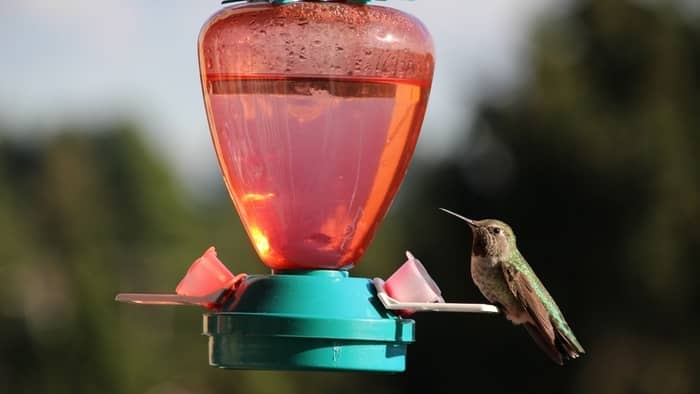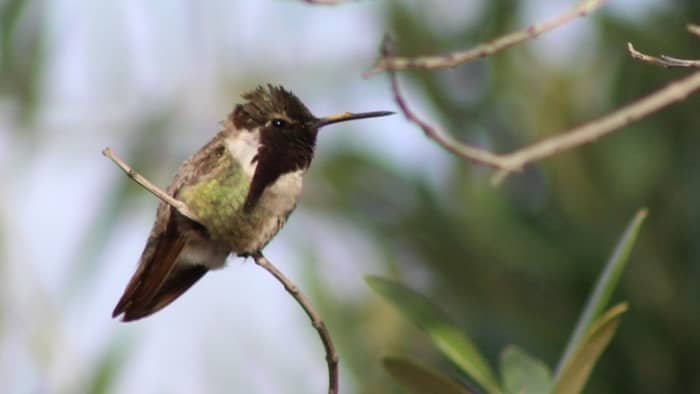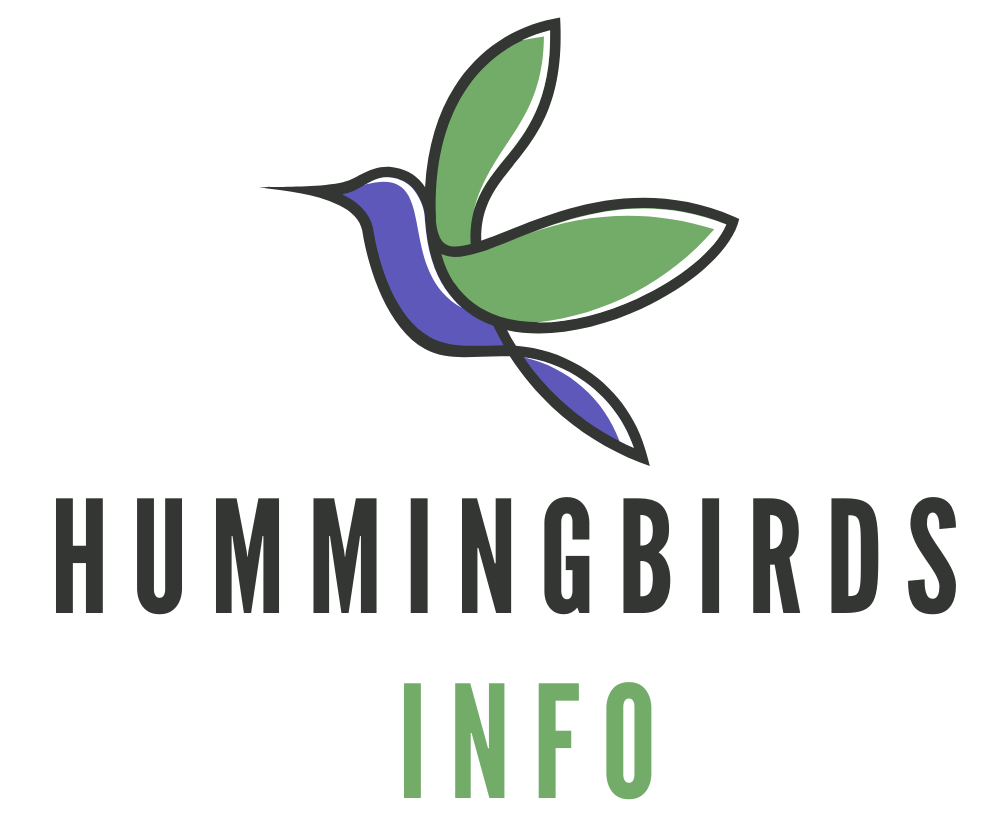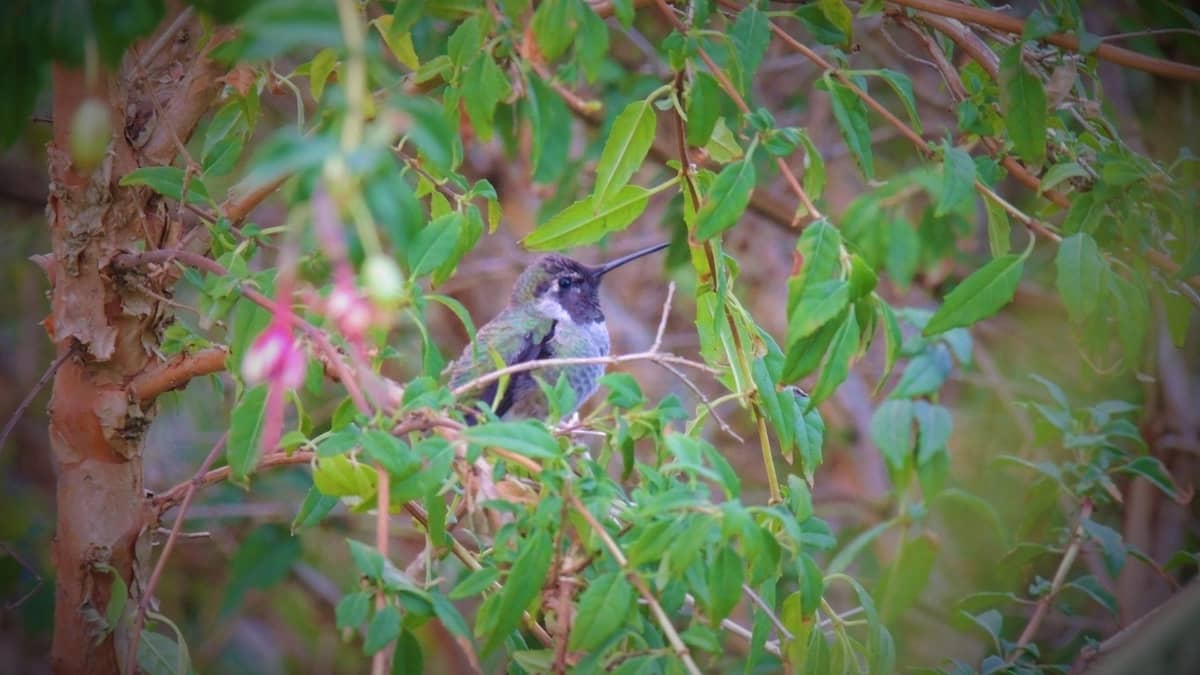Ever wondered what hummingbird behavior is like when they get sick? Do you know the reasons why hummingbirds may be predisposed to diseases or sickness? Let’s look into this.
Hummingbirds are wonderful creatures that bird enthusiasts love to have around their yard. Hummingbirds can get sick because they can be prone to different ranges of diseases caused by bacteria, viruses, parasites, and fungi.
So, what is the best step to take when hummingbirds start showing sick behavior? Is there anything we can do to help them out?
This article attempts to enlighten us about a hummingbird sick behavior, how hummingbirds can get sick, the measures we can take to help them, and many more.
Hummingbird Getting Sick
Generally, birds can get sick because they are susceptible to diseases and unknown pathogens. So, hummingbirds are also not left out.
Hummingbirds can show some behavior or symptoms when they get sick with some types of diseases. Let’s look into the types of diseases hummingbirds can catch and how they got them.
Diseases Hummingbird Can Catch And The Sick Behavior Displayed
Hummingbirds being a wild animal can be prone to different diseases. Some diseases hummingbirds are prone to include:
1. Candidiasis (fungal tongue infection)
One common infection hummingbirds are prone to is the fungal tongue infection caused by Candidiasis.
Symptoms: the sick behavior or symptom hummingbird shows from this infection is a swollen tongue. This infection causes an imbalance in the digestive system of the hummingbird.
Hummingbirds mostly get infected by these fungi from feeding on unclean feeders. This is another good reason to always clean your feeders frequently at appropriate times. These birds can also get this fungal infection from other contaminated water sources.
This condition is usually fatal for hummingbirds and these birds may even die from this serious trauma. Candidiasis can cause hummingbirds to find it very hard to consume and digest food. Now this will cause them to become starved and eventually cause them to die.
Treatment of this fungal infection can be treated with certain medications by a professional. So always call for professional help in this kind of situation.
Read more about Do Hummingbirds Eat Seeds?

2. Avian Poxvirus
Avian poxvirus is another sickness hummingbirds can get. The symptom of this infection in hummingbirds is the growth of a tumor on the beak of a hummingbird.
This infection is caused by transmission from contact with hummingbirds that are already infected by this disease. Uninfected hummingbirds can contact this disease by coming in contact with surfaces that have been contaminated such as feeders, perches, and exposed water sources. Mosquito contact can also spread this disease to the hummingbird.
Symptoms: This Avian poxvirus tumor can grow on hummingbirds’ eyelids, feet, legs, beaks, as well as inside their mouth.
When hummingbirds get sores that are enlarged inside their mouth, it usually makes it difficult for them to locate or consume food. If the situation is not remedied or cured on time, it may be fatal to the hummingbird.
This condition can be perilous for other uninfected hummers as the infected hummers come around to visit feeders. This is why regular cleaning of feeders is paramount.
The Avian poxvirus comes in different variations that can affect different species of hummingbird. Fortunately, this condition usually lasts from 7 to 14 days in hummingbirds, and the majority of hummers that contract this virus usually recover.
3. Aspergillosis
Aspergillosis is mostly due to mold which is a type of fungus. Unclean hummingbird feeders are the major cause of this condition.
This condition can cause harm to hummingbirds’ digestive system which makes them unable to feed and digest. Hummingbirds can die slowly if they can’t consume and digest food.
Symptoms: the sick behavior hummingbird shows from this condition include nasal discharge, diarrhea, and weight loss.
4. Salmonellosis
Salmonellosis is a common bacteria that most hummingbirds may be susceptible to. Caused by contaminated food sources including contaminated feeder solutions and water sources. This condition also renders their digestive system ineffective making them unable to feed.
Symptoms: the sick behavior hummingbird show includes diarrhea, ruffled feathers, and lethargy.
Learn more about Can You Have A Hummingbird As A Pet?
Measures To Take At Feeders To Reduce The Chances Of Hummingbird Getting Sick
Hummingbirds can get an infection from unclean hummingbird feeders. Unclean hummingbird feeders can make these birds get sick that you may begin to see them acting strange.
It is, therefore, important we take measures of ensuring a well-maintained feeding station. Here are some tips to ensuring this:
- Always stick to the 1 to 4 sugar to water ratio when you are making your hummingbird nectar solutions. Adding too much sugar or excess sugar solution is not ideal as hummingbirds can catch candidiasis from consuming too much sugar.
- Never add honey or replace honey with sugar. When honey water is used and is exposed to heat from the sun, the solution gets fermented quickly. This makes a perfect breeding ground for the growth of mold, yeast, as well as bacteria.
- During hot temperatures, it is necessary you frequently replace your nectar solution. For instance, an increase in outdoor temperature of up to 90 degrees requires you to change your hummingbird feeder solution every day or at least every 2 days. However, when the temperatures are below 70 degrees, you can change your feeding solutions every 3 to 6 days.
- Avoid using red dye in hummingbird feeder solution. Even though there hasn’t been any research done on the effect of red dye in hummingbirds, experts still suggest we avoid using them in our hummingbird feeders.
Additional Note: How To Take Care Of A Sick Hummingbird

Helping hummingbirds is not an easy task especially when they get sick. If you notice hummingbird showing some of these symptoms we mentioned, the best thing to do is to contact a wildlife rehabilitator.
However, if it will take a long time for them to get to your location or you can’t reach one as soon as possible, you might need to feed the bird before they arrive. The time frame for hummingbird survival may be limited.
Feed the bird with the appropriate nectar. Use a super clean-eyedropper if you have one. However, if the bird is very weak, pour some amount of nectar into your cupped hand and put it near its bill. But if a hummingbird is still strong to feed, allow the birds to feed through your feeder.

